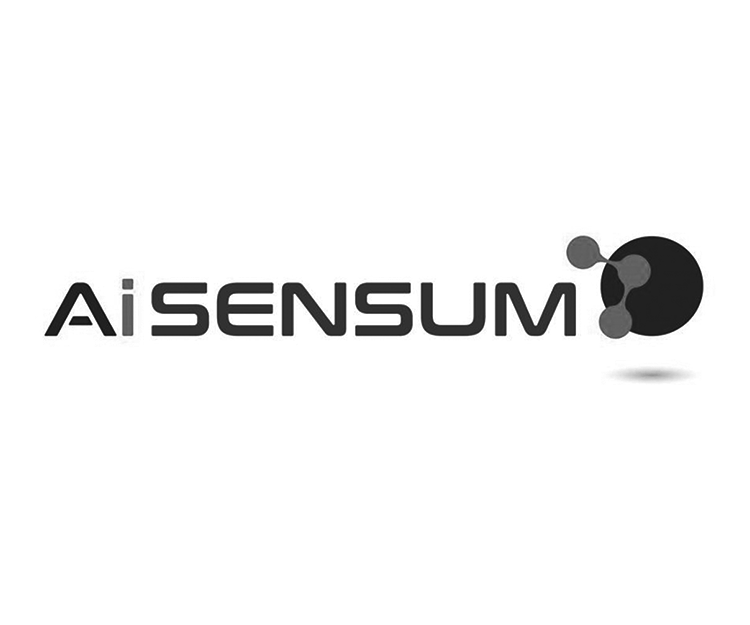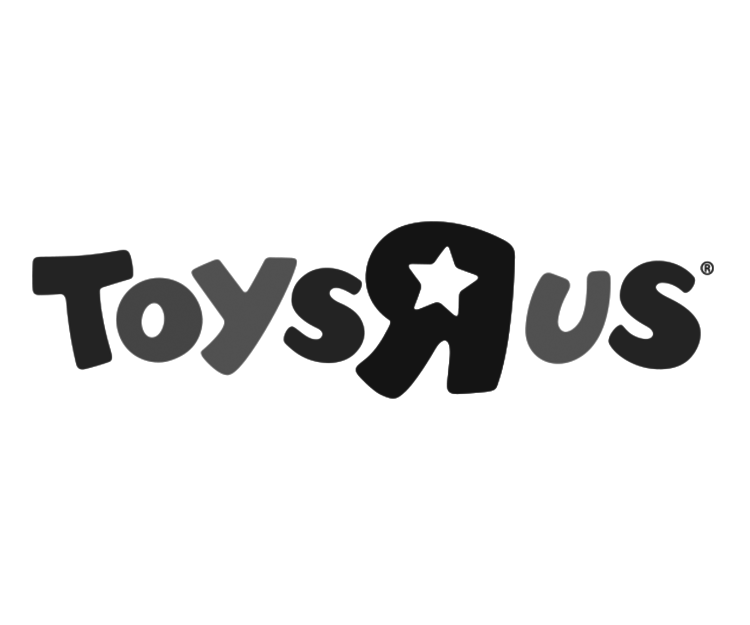In today’s world, mobile application acts as a most dynamic tool for businesses. A wide variety of services are provided to the users through mobile applications. So, investing in mobile application for your business is one of the best investment you can make.
There are several reasons to build a mobile apps for businesses. Mobile applications helps to interact with the customers directly and keep them up to date. The use of mobile app development improves customer retention both in iOS and Android platforms. Nowadays, most of the applications are developed using either or both of these platforms.
The most crucial issues that every companies have go through during the stage of app development is whether they should build a hybrid or native application. You should know the difference of these two applications, you can find all the information relevant to native & hybrid apps described below.
Native Mobile App Development
A native application is developed for a particular platform or device. An app coded for Apple iOS will not work with Android & Vice-versa. In general, the native mobile apps follows the specific guidelines to enhance the user experience. Native apps required to build a separate apps for each platform. Hence, such kind of mobile app development takes more time and cost.
Native apps deliver the best performance and receives support from apps store. It is highly interactive, intuitive, & run the applications smoothly in terms of user’s input and output. Fortunately, it allows the app developers to access the full feature of selected operating system.
The development of native apps in iOS and Android requires different frameworks. Have a look!
iOS Uses
Objective-C : Objective-C is the fundamental programming language that has a phenomenal development experience. It is compatible with other programming technologies too.
Swift : Swift is the latest programming language from iOS and replaces Objective-C. It delivers a better performance than the Objective-C programming language. Today, all the latest applications are using Swift language to sheer the power and smoother the user experience.
Android Uses
Java : Specifically, this JavaScript language is not for mobile applications but also it supports for desktop and web app development.
Kotlin : This programming language was developed to work only with Java for Android mobile application development. Google supports Kotlin language for android app development and reduces the time for programming in the app development.
Unlike hybrid apps, the native apps provides the better security and improve the performance of mobile application and enhance the user-friendly experience.
Pros of Native Apps
-
Separate codebase for each platform
-
Maintain multiple codebase
-
High security
-
Unified UX/UI
Cons of Native Apps
-
Excessive development time
-
Highly expensive investmen
-
Difficult to maintain
Hybrid Mobile App Development
While Native apps are created for a specific platform, hybrid applications have cross-platform properties. Hybrid apps can run multiple platforms and the app developers can make a single application that runs on both iOS and Android.
To make the developers time effective, they can work on a single code. The hybrid app is easy to maintain and effortless to maintain the program. As a result, hybrid mobile apps is cheaper than native mobile applications.
There are three most popular frameworks in the hybrid app development and that includes-
React Native
React Native is an open source framework and cross-platform developed by facebook. It offers a simple user interface, high performance, and short development times. It is used to build applications for android and iOS.
Xamarin
Xamarin is an open sourced framework strongly supported & maintained by Microsoft. It helps to improve the development speed performance and simplify maintenance. Xamarin framework lets the app developers to build one app that runs on multiple platforms using C#.
Ionic
Ionic framework produces the mobile apps with the technologies such as JavaScript, CSS, & HTML. It is easy to learn & has simple user interface. Ionic delivers an extensive set of features and tools.
Flutter
Flutter programming language with the use of dart language and is created by Google. Flutter framework helps to build high-performance & outstanding mobile applications that fits custom needs. It allows to deliver aesthetically pleasing mobile apps in record-breaking time.
Pros of Hybrid Apps
-
Excessive development time
-
Highly expensive investmen
-
Difficult to maintain
Cons of Hybrid Apps
-
Hybrid apps are slower than native apps
-
More expensive
-
Lack of Customizability
So, decide what technology path you opt for.
As described above, each technologies have their unique advantages & disadvantages. When you choose native to build a user experience & responsiveness, the cost can go high. On the other hand, you can start with lower investment on choosing hybrid to build an app that might increase complexity.
























